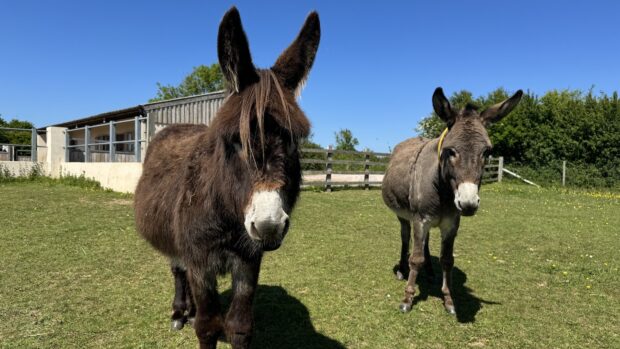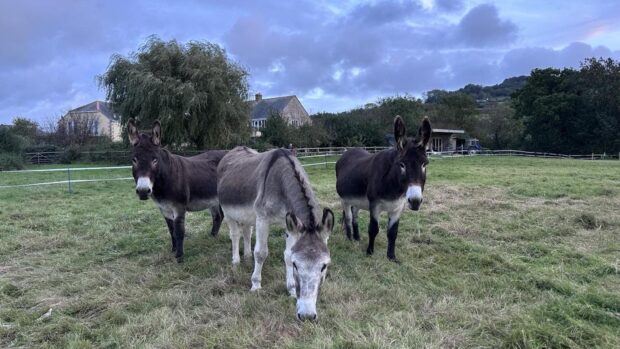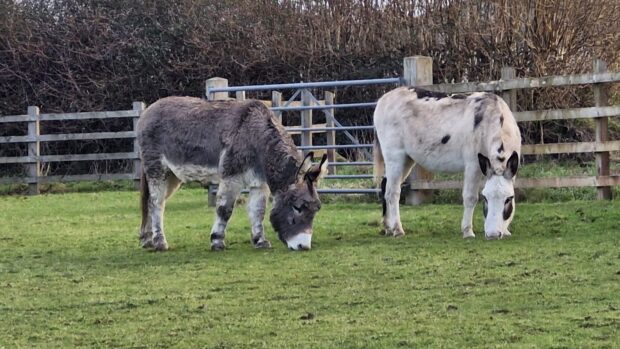Nearly 500 “severely malnourished” and dying donkeys have been saved from slaughter for the skin trade in Brazil as a charity warns more are being “hoarded and corralled” at farms across the country.
The Donkey Sanctuary sent an emergency team from the UK to assist the charity’s vets and welfare advisors from Brazil and Mexico with the donkeys, who were trapped “without adequate food or water” at a farm in Bahia, where “hundreds” of donkeys have already died.
Brazilian police who attended the farm in early February reported donkeys dying in terrible conditions, severely “malnourished and stressed”.
A spokesman for the Donkey Sanctuary said: “Shockingly the company leasing the farm, Cuifeng Lin, had previously been charged with similar animal neglect and cruelty at another identical facility in the same state, which the Donkey Sanctuary visited last September.
“Following a court hearing on this latest case, Brazilian charity Forum Animal was awarded guardianship of the donkeys. Owing to the terrible suffering and sheer number of animals involved, Forum Animal approached the Donkey Sanctuary with an urgent request for immediate veterinary help and advice on establishing a long-term plan for the equines.”
The spokesman said the conditions at the farm were “appalling”.
“Most of the donkeys were severely malnourished with many lying dead or dying in the dust. Dozens of carcasses littered the site as vultures circled overhead,” he said.
“Donkeys are routinely being slaughtered in huge numbers worldwide to meet the increasing demand for their skins, which are used to produce a traditional Chinese remedy called ejiao.
“Traders have been targeting donkey-dependent communities in Africa for the last five years to meet demand, but available supply is dwindling. They are now having to look further afield and Brazil’s large feral donkey population is being systematically targeted.”
At the end of 2018 a country-wide ban on the slaughter of donkeys for their skins came into effect in Brazil but the charity said this has not stopped traders.
Simon Pope, campaigns manager at the Donkey Sanctuary who led the team in Brazil, said: “The donkeys were being kept in appalling conditions, having been transported for days in filthy, airless lorries with no food and water.
“We cradled small sick foals in our arms as they passed away – foals just a few weeks old who should never have been swept up for the skin trade, and whose mothers had rejected them due to stress, or who had died from the effects of it.”
Mr Pope said the farm is the “tip of the iceberg“.
“While we were in Brazil, we heard of another three similar farms in the vicinity, all full of donkeys,” he said.
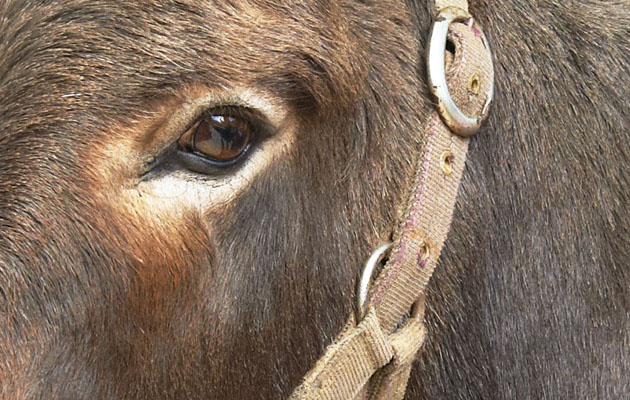
Stark welfare warning over impact of donkey smuggling
An investigation sponsored by an international welfare charity has claimed donkeys are being smuggled into Kenya to keep up with
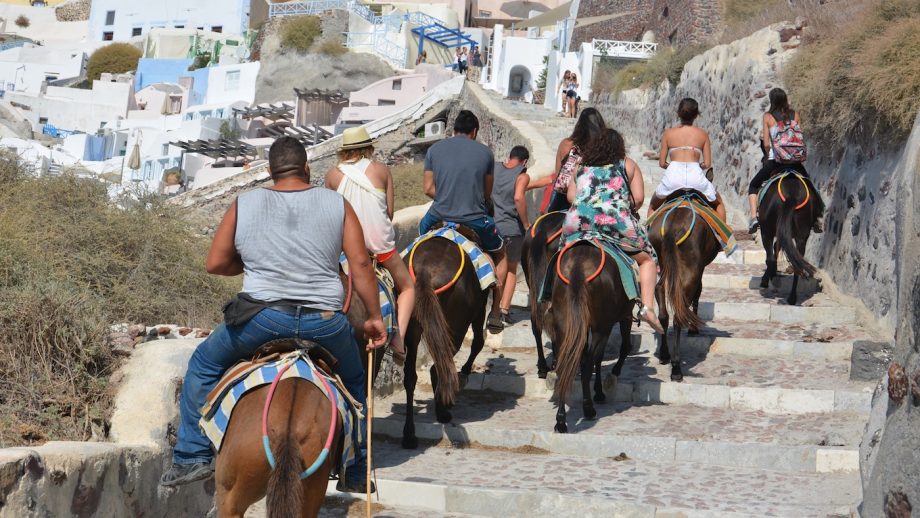
Outcry of donkeys carrying ‘overweight’ tourists prompts cruises to back campaign
A video made for the new campaign asks holidaymakers to stop and think before they take donkey or mule rides

Subscribe to Horse & Hound magazine today – and enjoy unlimited website access all year round
“We spoke to senior figures in authority who said to us that they want the slaughterhouses to stay closed and for the trade to stop. But they fear that the injunction will be overturned and the slaughter will begin again. We’re determined to ensure the trade never resumes until such time as it is shown to be humane and sustainable, neither of which it is in any degree at present.”
The spokesman said the charity’s veterinary team is “still working” to alleviate the donkey’s suffering.
“The Donkey Sanctuary remains committed to securing a halt to the trade so that the cruelty in this appalling case is never repeated,” he said.
For all the latest news analysis, competition reports, interviews, features and much more, don’t miss Horse & Hound magazine, on sale every Thursday.


